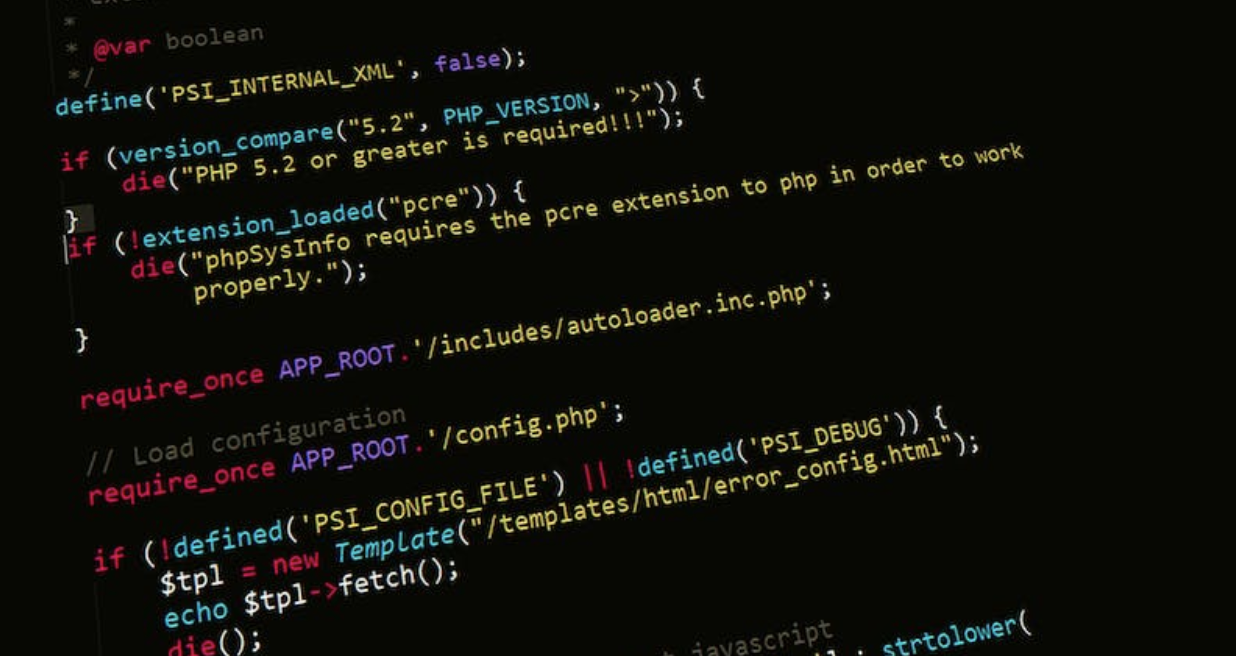AP Computer Science Principles Practice Exams for High Schoolers
A key aspect of succeeding at the AP Computer Science Principles administered in May is ensuring you understand what the exam will cover and how the exam will be formatted. For many high school students, being able to perform well on the test depends not only on how well they understand AP Computer Science Principles but how well they can pace themselves through the AP exam and begin to understand the layout of the test itself. This blog post will cover why it’s so crucial to complete practice exams, what the AP exam will look like, where to find practice exams, and additional tips for AP Computer Science Principles exams.
Why Should High Schoolers Take AP Computer Science Principles Practice Exams?
Some high schoolers may decide not to take AP Computer Science Principles practice exams before the actual AP exam in May because AP practice exams are time intensive and they believe that they can review the material individually. While it’s definitely helpful to look over old notes and concepts, it’s also important to remember that when you are studying for an AP exam, you should also be studying how to take the test. Even if you understand the AP Computer Science content really well, you won’t be able to score high on the AP exam if you’re unable to demonstrate your knowledge. This is why it’s vital that you also study the test’s format: you will be prepared for all the different varieties of test questions as well as the time constraints of the exam. Taking two hours out of your day to sit down and complete an entire AP Computer Science Principles practice exam will help you familiarize yourself with the pseudocode presented in the exam, be able to interpret tricky question structures, and strengthen your test-taking endurance.
What Will the AP Computer Science Principles Exam Look Like?
The AP Computer Science Exam lasts for 2 hours and consists of 70 multiple-choice questions. 57 of the questions are single-select questions, 5 questions are single-select based on a passage about a programmed invention, and 8 of them are multi-select questions each with two correct answers. This multiple-choice exam consists of 70% of the overall exam grade while the Create task consists of 30% of the overall grade. The weighting for each AP Computer Science Principles overarching concept is broken down as follows:
To learn more about the course and exam, you can visit the AP Computer Science Principles webpage on College Board.
Where to Find AP Computer Science Principles Practice Exams
Here are some helpful websites and outside sources where you can find AP Computer Science Principles practice exams to take in preparation for the actual exam.
COLLEGE BOARD
College Board is the organization that coordinates and administers all AP exams as well as creates the AP curriculum. On their website, you can find a plethora of information regarding the AP Computer Science Principles course. They also have a record of several past full-length AP Computer Science Principles exams including the answer keys to each exam. This allows you to truly experience what the AP Computer Science Principles exam will be like and review your missed questions afterward to see which specific big ideas you might want to review.
AP CLASSROOM
The AP Classroom can also be found on the College Board website. It is a function specifically created for AP classes being taught in schools. If you are taking the AP course in a class at your school, you can join your class on AP Classroom using a class code that’s provided by your teacher. If you click on the “Active” tab in the “My Assignments” category, you can see any practice quizzes that your teacher has assigned to you. These AP Classroom quizzes are a really helpful tool in practicing for the AP Computer Science Principles exam since they are the most similar to the types of questions and content that you will actually find on the exam itself.
AP COMPUTER SCIENCE PRINCIPLES REVIEW BOOKS
Another way you can find full-length AP Computer Science Principles practice exams is by purchasing an AP Computer Science Principles review book. Popular choices include the Princeton Review AP Computer Science Principles book or Barron’s AP Computer Science Principles book. If you are self-studying the course rather than taking it in a class at your school, these resources are especially helpful since they cover each major concept in-depth with a lot of detail and provide many practice questions. For instance, the 2023 Princeton Review AP Computer Science Principles book contains 3 full-length practice tests and the 2023 Barron’s AP Computer Science Principles premium book contains 6 full-length practice tests. The only downsides to AP Computer Science Principles Review Books are their cost and, to some extent, the quality of their practice tests. You can check to see if your local library has copies of these books or if a friend has a review book that they’d be willing to lend to you. However, if the version of the review book is too outdated, it is possible that the content of the exam as described in the review book could be inaccurate. Furthermore, sometimes, the review books’ questions are extremely different from the types of questions you might find on the test. Thus, while these resources do provide a lot of test practice, the College Board practice exams are more highly recommended.
ONLINE RESOURCES
You can also find AP Computer Science Principles practice questions on free online resources like Khan Academy. Khan Academy provides lessons, videos, and quizzes on each smaller topic within each broad, big idea to really help reinforce the content in students’ minds. Furthermore, there are chat functions in many of their lessons that allow students to ask questions that can then be answered by other students or by experts in that course. Students can also hop on a peer tutoring session to ask a peer tutor any specific questions regarding AP Computer Science Principles topics. For more tailored review and practice, you can also purchase an Albert.io course. The pricing for each course varies, but Albert.io provides many specific resources and a lot more aid and practice for students who want to ensure that they are prepared for the exam.
Additional Tips for the AP Computer Science Principles Exam
FIND A STUDY METHOD THAT WORKS FOR YOU
Remembering content takes a lot of time and effort, so try to create a study schedule that works for you. For example, try to pick a consistent time every day to study for the exam. This will help strengthen your ability to remember the concepts by having you recall the information on a regular basis. Additionally, experiment with different forms of media and note-taking methods that help you remember the content. For example, try to watch Youtube videos or listen to podcasts about AP Computer Science Principles concepts and see if that helps you remember the ideas better. Finding a consistent and engaging form of studying will not only prepare you for the test but make studying enjoyable rather than boring.
MAKE SURE THAT YOU ARE READY FOR EXAM DAY
The most important factor in succeeding at the AP Computer Science Principles Exam, or any AP exam in general, is making sure that you go over the list of required and restricted items to bring to the test. Make sure you bring no.2 pencils, a pencil sharpener, erasers, and an official form of identification, like your school ID card or a driver’s license. Also, don’t overstudy. Being extremely stressed out over studying right before the AP exam can actually harm your performance since it can decrease the quality and amount of your sleep. Make sure you are well-rested and well-fed before the exam. Reassure yourself that you’ve got this and that all your studying and taking practice exams will pay off. You will definitely do amazing at this AP Computer Science Principles exam!
About Inspirit AI
AI Scholars Live Online is a 10 session (25-hour) program that exposes high school students to fundamental AI concepts and guides them to build a socially impactful project. Taught by our team of graduate students from Stanford, MIT, and more, students receive a personalized learning experience in small groups with a student-teacher ratio of 5:1.




